 The new spokesperson of the international collaboration GERDA (GERmanium Detector Array) is the Italian researcher Riccardo Brugnera. The experimental collaboration operates at the Italian Gran Sasso National Laboratories (LNGS) of INFN on the GERDA experiment, whose goal is to study the neutrino-less double beta decay process. Brugnera will be in charge as spokesperson of the experiment for three years, following the previous GERDA spokesperson, Berhard Swingenheuer from Heidelber Max Planck Institut für Kernphysik. Brugnera is associate professor at the University of Padua. At the start of his career, he has been working on electron-proton collisions at the HERA collider, by studying the elastic and inelastic production of J/Ψ mesons. After that, his interest was caught by neutrino oscillations, so that he joined the OPERA experiment at the INFN Gran Sasso National Laboratories: here he worked on the construction of the RPC detectors, which are part of the magnetic spectrometers. Since 2008, he has been part of the GERDA experiment at LNGS where he has worked on the slow control system of the experiment and the characterization of the new detectors. Starting from 2014, he has been the chair of the GERDA collaboration board for three years. He is a member of the JUNO experiment in China since 2015
The new spokesperson of the international collaboration GERDA (GERmanium Detector Array) is the Italian researcher Riccardo Brugnera. The experimental collaboration operates at the Italian Gran Sasso National Laboratories (LNGS) of INFN on the GERDA experiment, whose goal is to study the neutrino-less double beta decay process. Brugnera will be in charge as spokesperson of the experiment for three years, following the previous GERDA spokesperson, Berhard Swingenheuer from Heidelber Max Planck Institut für Kernphysik. Brugnera is associate professor at the University of Padua. At the start of his career, he has been working on electron-proton collisions at the HERA collider, by studying the elastic and inelastic production of J/Ψ mesons. After that, his interest was caught by neutrino oscillations, so that he joined the OPERA experiment at the INFN Gran Sasso National Laboratories: here he worked on the construction of the RPC detectors, which are part of the magnetic spectrometers. Since 2008, he has been part of the GERDA experiment at LNGS where he has worked on the slow control system of the experiment and the characterization of the new detectors. Starting from 2014, he has been the chair of the GERDA collaboration board for three years. He is a member of the JUNO experiment in China since 2015
You might also be interested in
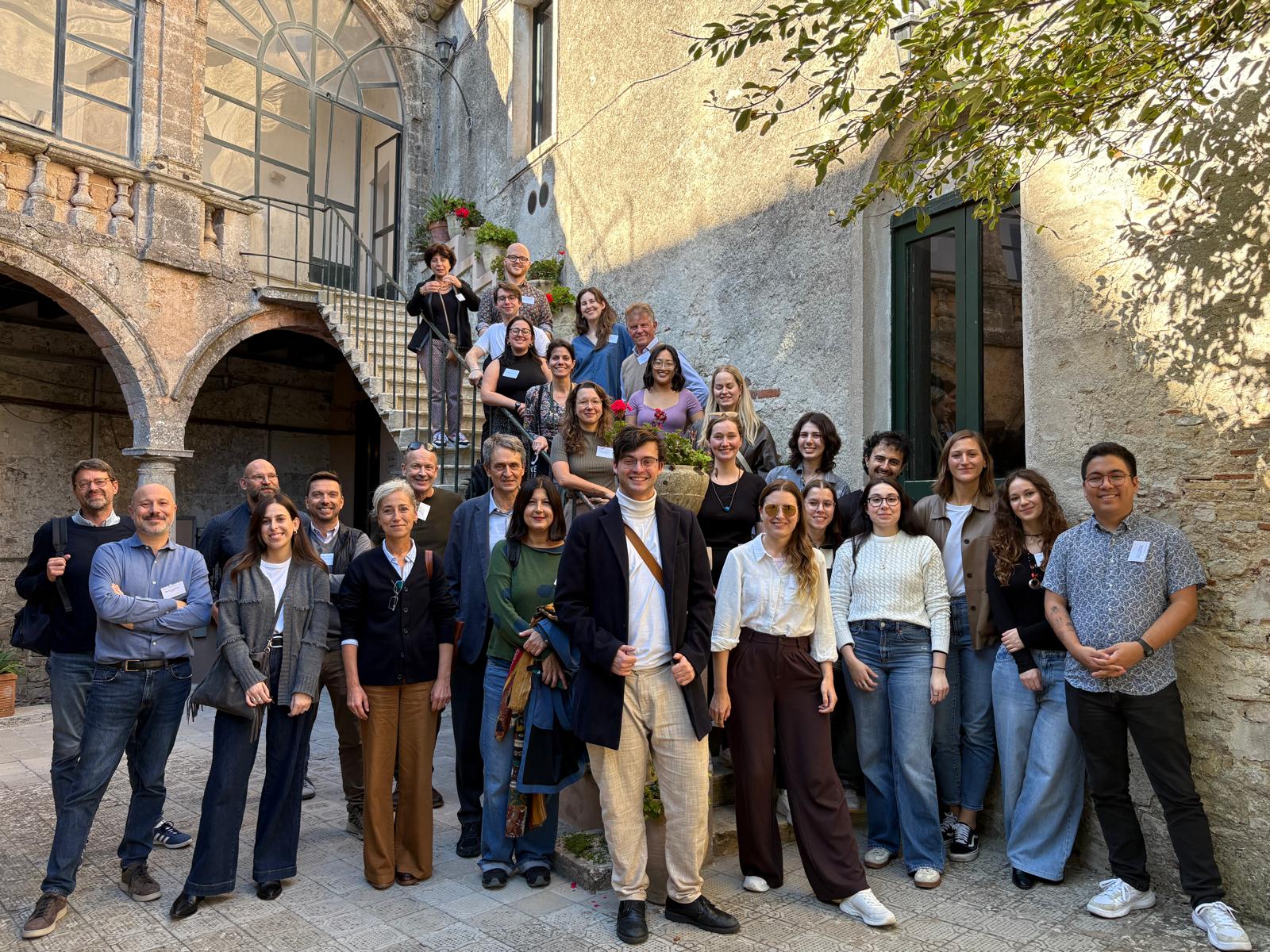
ORIGINS. Exploring Science Communication and Journalism
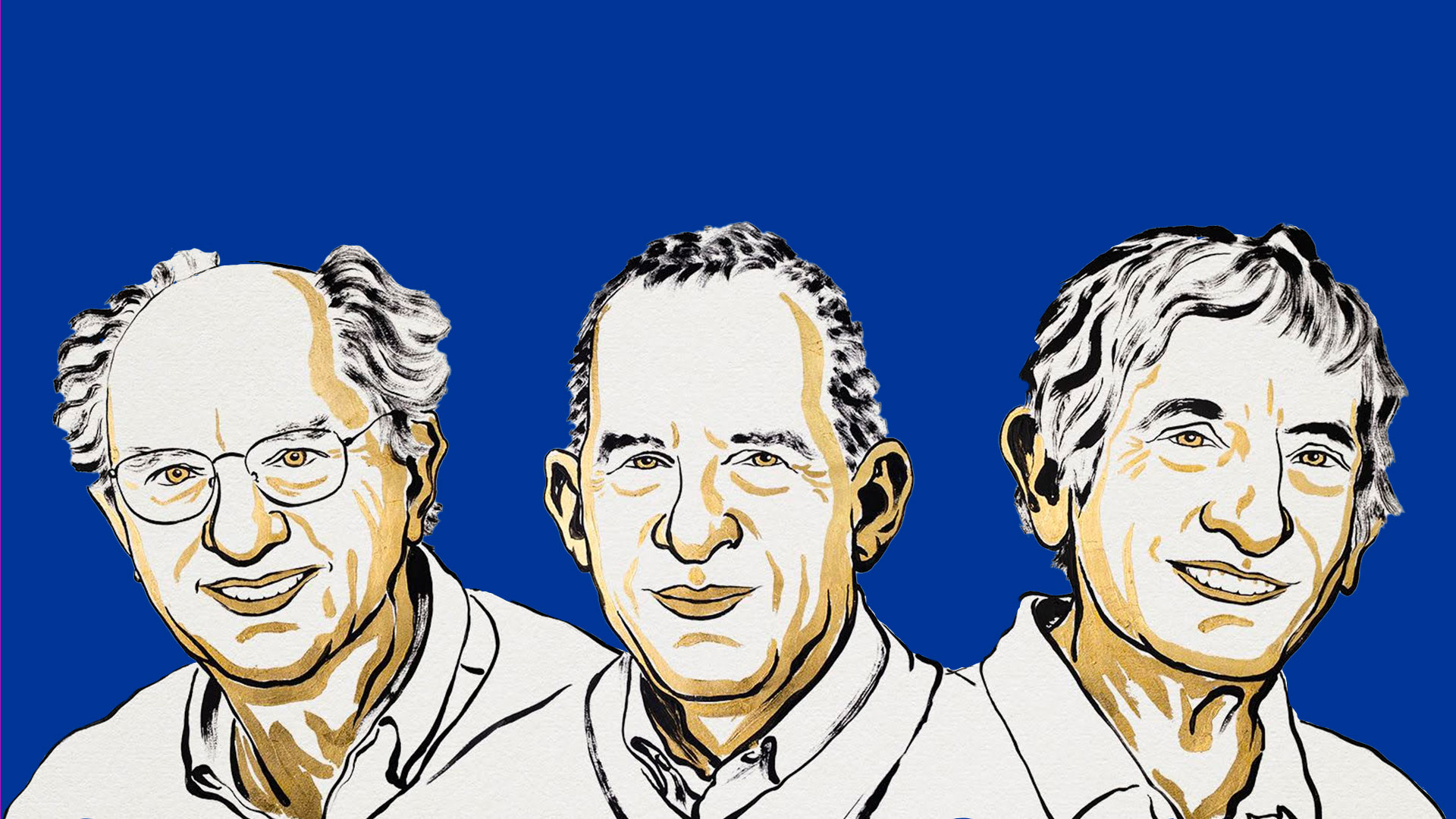
Nobel Prize in Physics 2025: congratulations to John Clarke, Michel H. Devoret and John M. Martinis

INFN statement in support of peace in Gaza and commitment to scientific diplomacy
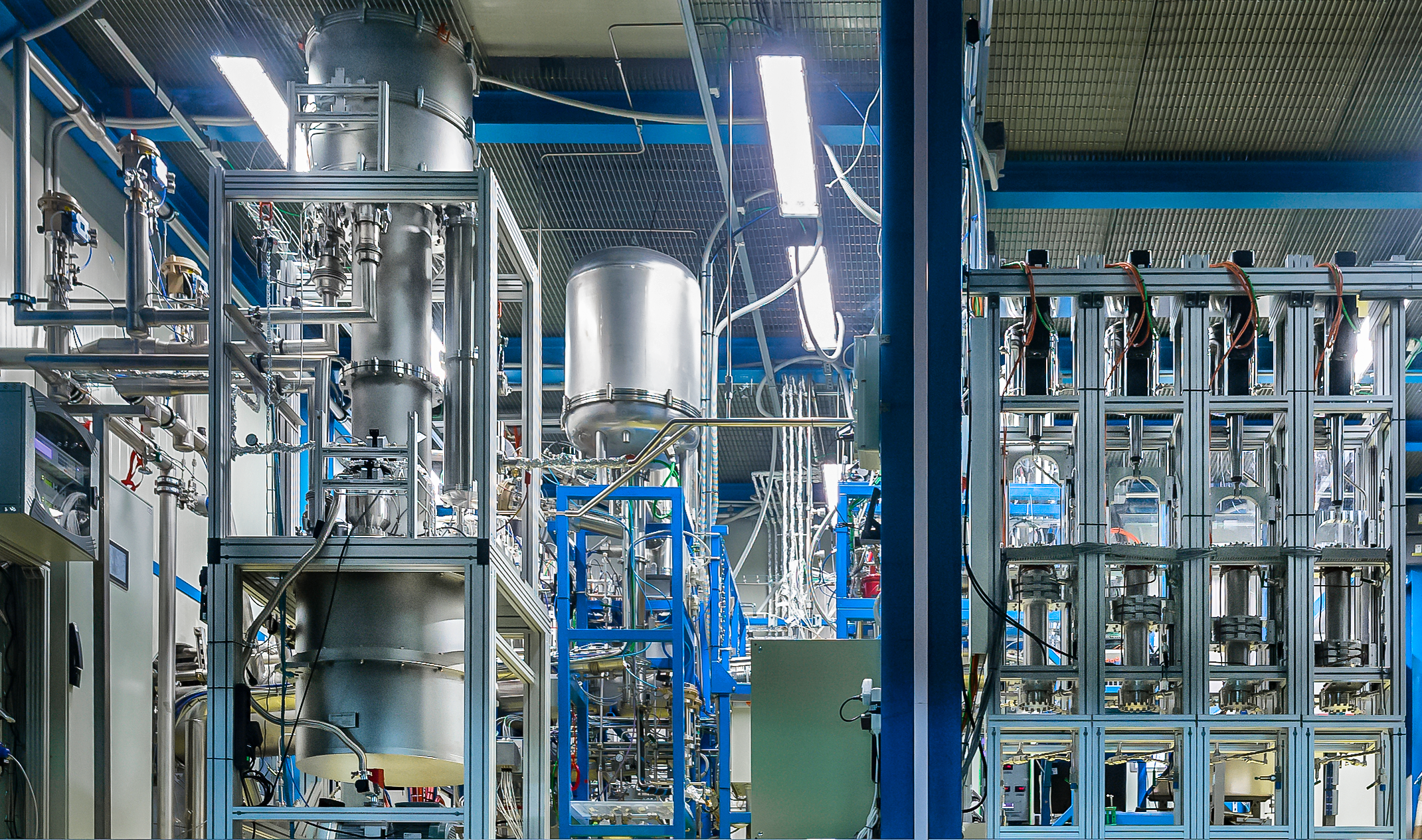
XENONnT: record levels of purity achieved in the search for dark matter
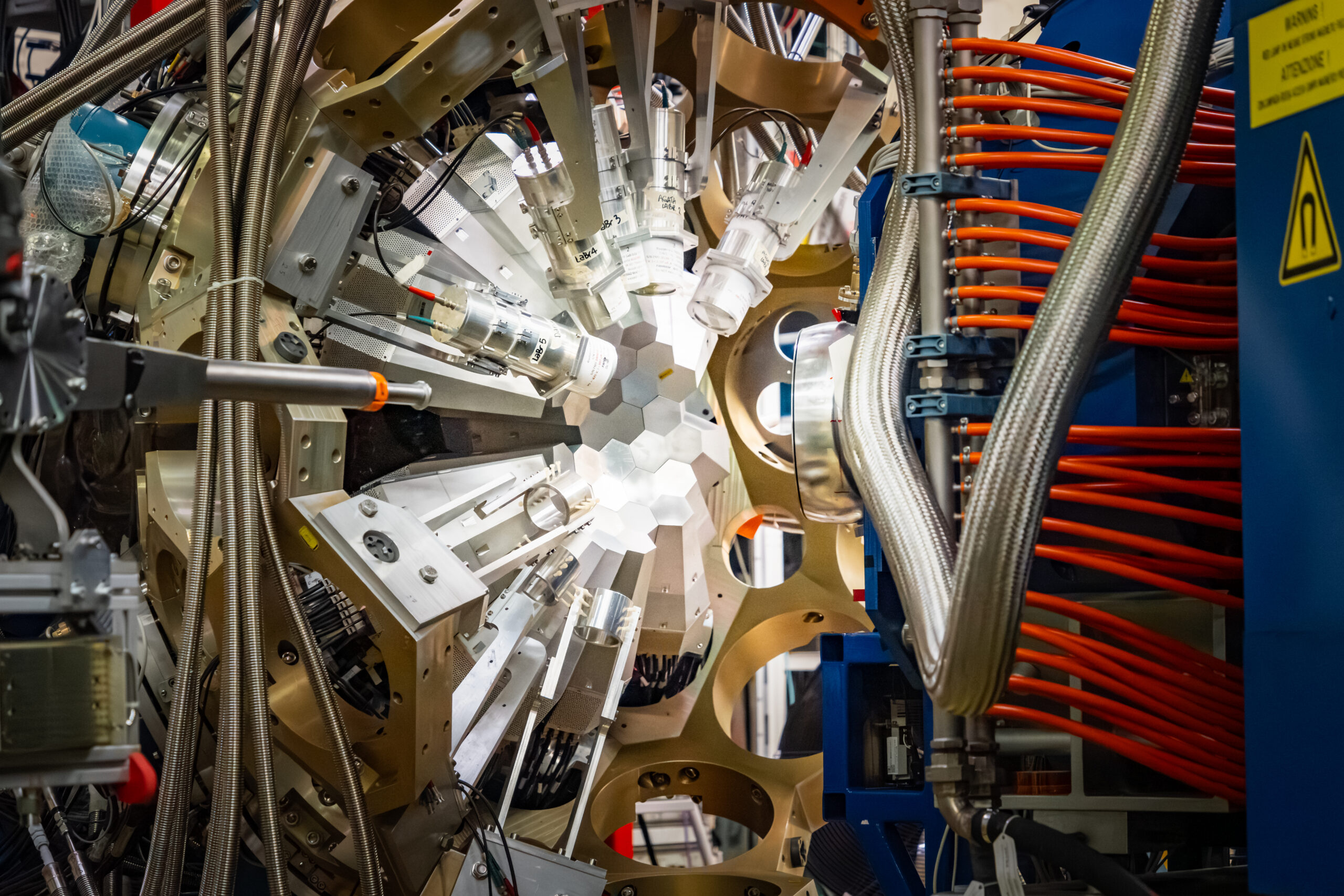
Physics Photowalk 2025: the ten pictures on the Italian podium
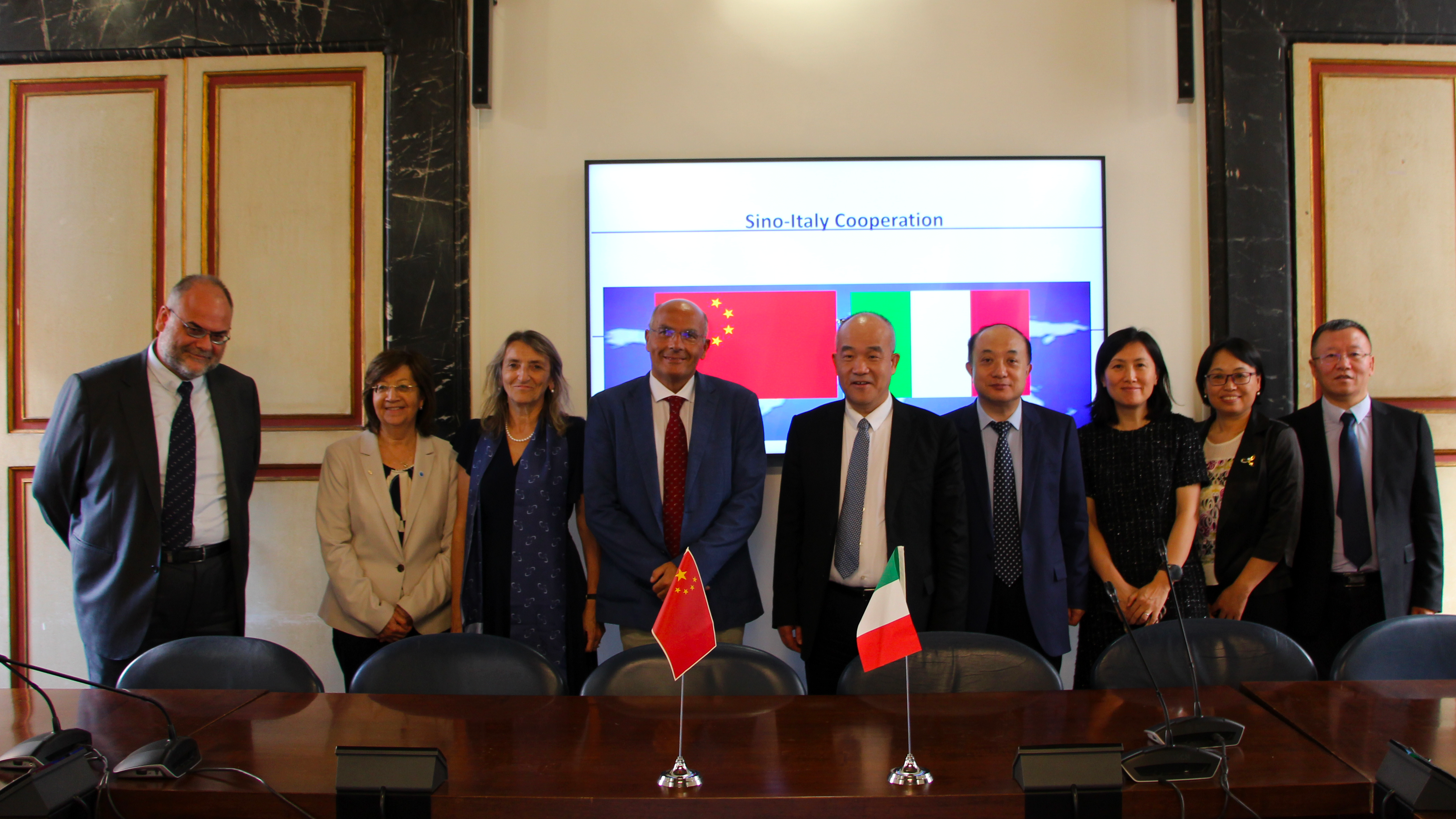
Italy-China: important bilateral meeting between NSFC and INFN
26 September 2025
Read more Italy-China: important bilateral meeting between NSFC and INFN